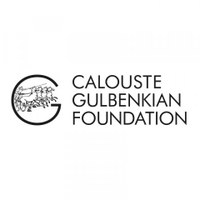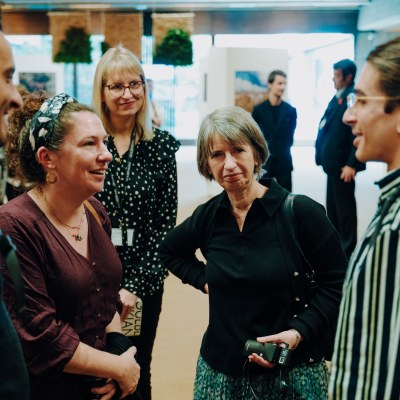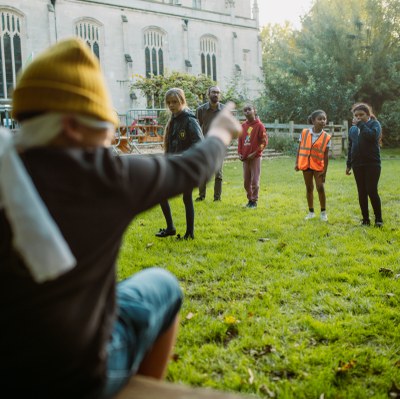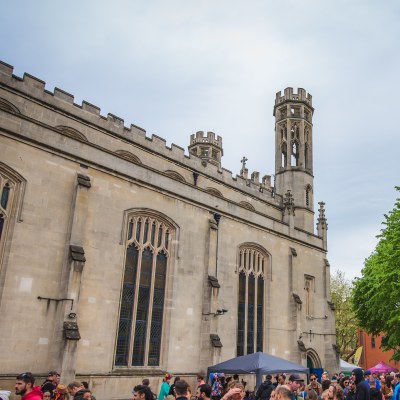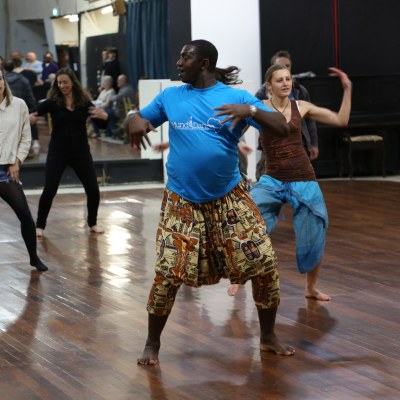Art, for, with, by the people
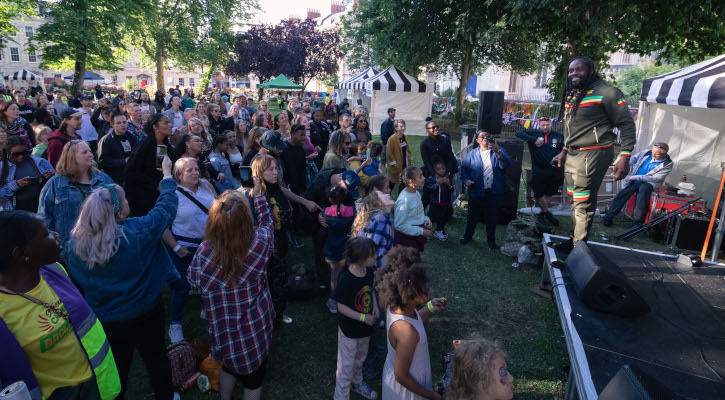
St Pauls Carnival
In partnership with St Paul’s Carnival and David Jubb of Citizens In Power, Trinity are exploring how Bristol can co-create a cultural strategy for the city and surrounding region.
During this research phase, funded by Calouste Gulbenkian Foundation (UK Branch), we invited a range of collaborators from the sector who place participation at the heart of their practice to hear from some of the best speakers working in democratic decision making right now.
These focus groups have been a chance to share ideas, experiences, knowledge and expertise on co-creation, participatory democracy and how we can do things differently in the culture sector.
In a series of blogs we are documenting and sharing what we are uncovering this journey. For our first focus groups we welcomed Brett Henning, co-founder of the Sortition Foundation and Janet Vaughan, designer and co-artistic director of Talking Birds to share their experiences of creating Citizens' Assemblies.
Part 2: Art, for, with, by the people
Janet Vaughan is the co-artistic director of Talking Birds Theatre Company who hosted the UK’s first Citizens’ Assembly on Arts, Culture & Creativity as part of the 2021 Coventry City of Culture. The Assembly took place over six weeks and produced recommendations that were incorporated in the city's Cultural Strategy. We invited Janet to share their experience of using this model and what they learned during the process.
Joining us on Zoom, Janet first shared how their interest in participatory democracy came from the early day of the pandemic where a large proportion of people in the UK suddenly had time 'to do things'. During this time, Janet shared that they took part in online conferences and events by organisations including Civic Square and that this initial engagement was the spark that led to their hosting of a Citizens' Assembly.
The initial barrier to programming the Citizens' Assembly in Coventry was engaging with stakeholders to invest in the process - as Citizens' Assemblies are very expensive. However, Talking Birds, in collaboration with stakeholders, felt it was important for people, outside the cultural sector, to have a voice in creating a cultural offer.
Through David Jubb, Janet connected with the Sortition Foundation and they acted as the independent organisation who would administer, engage and select participants for the Assembly. The Sortition Foundation worked to ‘crunch’ the numbers to ensure participants reflected the demographic data that has been specified.
As with other UK Assemblies, Talking Birds paid for participants to take part and supplied people with the tech they may have needed for engaging in the process during a pandemic. They also offered 1-2-1 tech support to ensure engagement was equitable.
The group were interested in whether the Citizens' Assembly ‘made a difference’ and if the process enabled learnings that were 'surprising or unexpected'. Janet shared that, yes, firstly because conversations were had that otherwise would not have been able to happen and, secondly, because the people who took part would not normally have been able to engage with each other. Then finally, that because the Citizens' Assembly approach is tried and tested, it created real spaces for conversation, questions and ideas.
The group were then interested in how to go about choosing the provocation for discussion during the Assemblies'. Janet shared that Talking Birds set up an oversight committee to explore what their provocation would be. At the time there was a drive to ‘build back better’ and the committee, through discussions, came to an agreement that they wanted to explore the role of art and artists in this.
The final part of Janet’s talk looked at data and numbers. The Coventry project ran over six weeks, 50 people took part in the Assembly itself across six learning sessions with evidence from around 12 expert witnesses. The cost to run and engage participants was around £120k.
Janet reflected that it was brilliant to watch the participants build confidence over the project and felt the approach enabled people to feel autonomy, listened to and that their questions were valid. From these, recommendations were drafted and put to vote at the Assembly and then went through a process of refining the recommendations which where eventually submitted to the Council for consideration.
We will continue to share our findings from the research stage of our project alongside programming further focus groups and action-learning sessions.
Interested in finding out more?
- Read part 1: What is a Citizen's Assembly?
- Keep up-to-date about the project by joining our mailing list
- Read Freddie Wulf's article: Identity Capital
- Watch Trinity's take over of the Radix Big Tent
- Join in the conversation using #67MillionVoices
